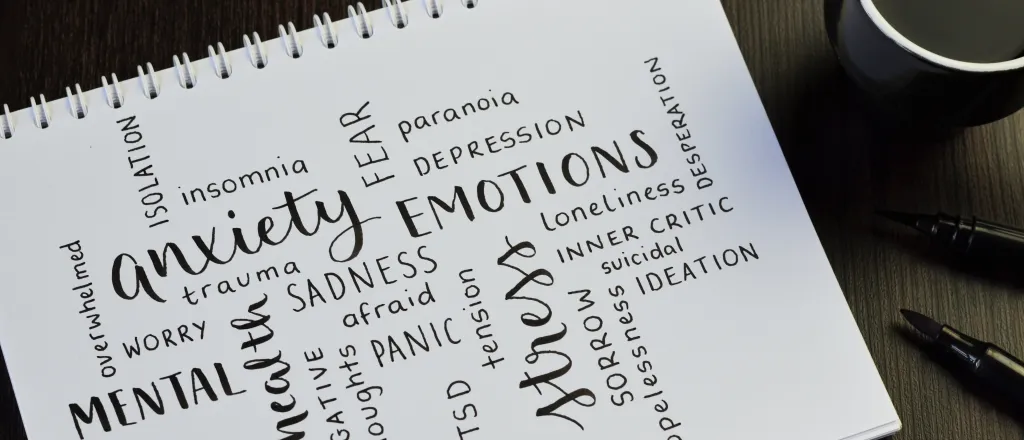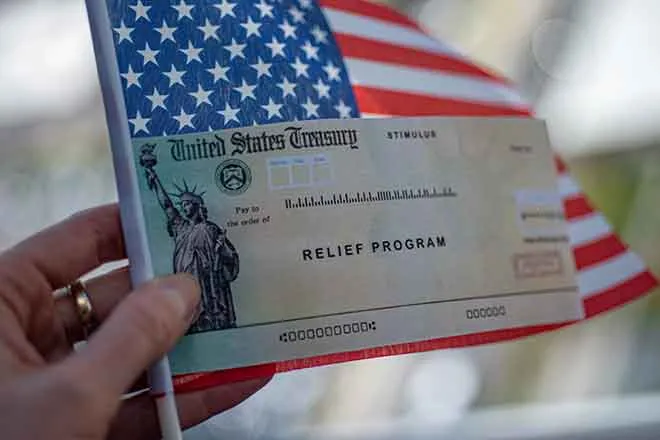
Commentary - How releasing expectations helps you overcome disappointment
(Daily Montanan) In all of my years of practice, I’ve been guided by a singular truth: We are all more alike than different.
Sure, the specifics of each of our lives vary widely, but at our core as human beings, we are remarkably the same. We all have hopes and dreams. We have goals and expectations. And we all–no matter our age, culture, or background–all inevitably experience disappointment at some time in our lives.
Disappointment, it seems, is universal.
We all know that feeling. The gut punch. The hopelessness or discouragement. The heaviness, the anger, the regret. The overwhelming emptiness in your soul. The uncomfortable disconnect between what you wanted to happen and what is actually happening.
Websters defines disappointment as sadness or displeasure caused by the nonfulfillment of one’s expectations. It’s most certainly that. Often, though, disappointment feels like so much more, right?
Sometimes, disappointment can feel like an I-deserve-more injustice or a tremendous I-expected-more letdown. It can cause us to question, “How could anyone do that to me?” or even doubt our own good judgment. It can also make us wonder, “How can someone ‘make me feel’ anything without my consent?”
These are all valid questions and reasonable responses. Disappointment is for sure a complex set of emotions, but guess what is at the root of them all? Our own expectations–and spoiler alert, expectations can be tricky. Really tricky.
For starters, sometimes we set expectations that are simply too high or unrealistic. Or we fail to clearly define or communicate our expectations to others. We may allow external factors (social media, anyone?) influence what we think we should achieve or how we should live. Sometimes our expectations are even dependent on other people’s actions, which repeat after me, are not possible to control.
All of those things can leave us in a really vulnerable place between our expectations and reality–and that is exactly when disappointment strikes.
I have a question for you, though. Do we even have a right to be disappointed?
Stay with me for a minute.
We all have the power to set expectations in our own lives, and I am definitely not making a case for abandoning them altogether. Expectations play a significant role in shaping our goals and aspirations, in encouraging personal growth, and in creating healthy boundaries for relationships. And those are all very good things.
I am, however, arguing that managing those expectations can go a long way in navigating disappointment in our personal relationships at home, work, school, everywhere.
Consider this: Have you ever been in a conversation with someone and thought, “I know exactly what you need to do!”
Or, perhaps you have even said, “You must do (fill in the blank). That’s the right thing to do.”
I’ve got a different idea. Instead of expecting that person to do what you want, allow them the opportunity to find their own way, even if it is not what you would choose or advise. I call it meeting them where they are, not where you want them to be. It’s one of the six “Kee Concepts of Communication” that I use daily to guide my interactions in my practice and everyday life. You can read more about them here.
You see, everything in our lives is a choice. I can choose to appreciate that we all have our own minds and ways of thinking. I can choose not to impose my values or beliefs on someone else. I can choose to meet people where they are and, as a result, perhaps feel less disappointed. I can choose to agree to disagree with someone. I can choose how I react to a given situation, how I respond, and at the very least, how I feel about it (Note: No one can “make you feel” anything. That’s your choice.).
Rather than spending a lot of time being disappointed, I can simply decide to let people make their own choices.
You may be wondering, “What the heck do I do when I am disappointed?”–and that’s an excellent question. My best advice? Embrace it. Allow it to be what it is. Think of it as an opportunity to take back your sadness, your devastation, or whatever it is you are feeling. And if you choose, continue to foster a relationship with that person in spite of the fact that they are not doing what you would like them to do.
Sometimes the greatest, most selfless gift of love is letting go of our expectations for someone or something that weren’t ours to begin with.
Daily Montanan is part of States Newsroom, a nonprofit news network supported by grants and a coalition of donors as a 501c(3) public charity. Daily Montanan maintains editorial independence. Contact Editor Darrell Ehrlick for questions: info@dailymontanan.com. Follow Daily Montanan on Facebook and X.
















